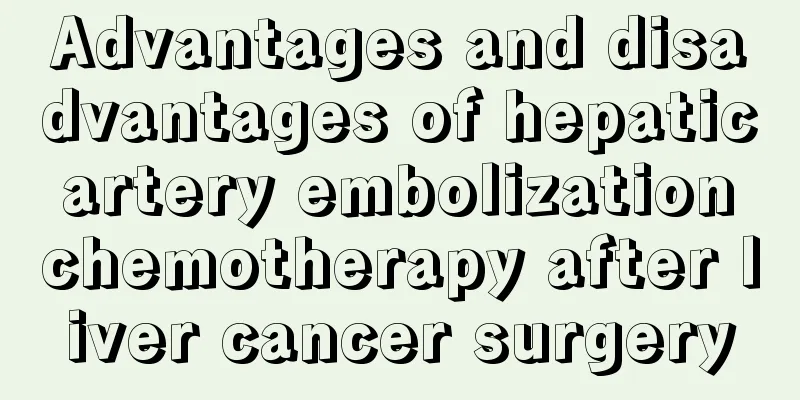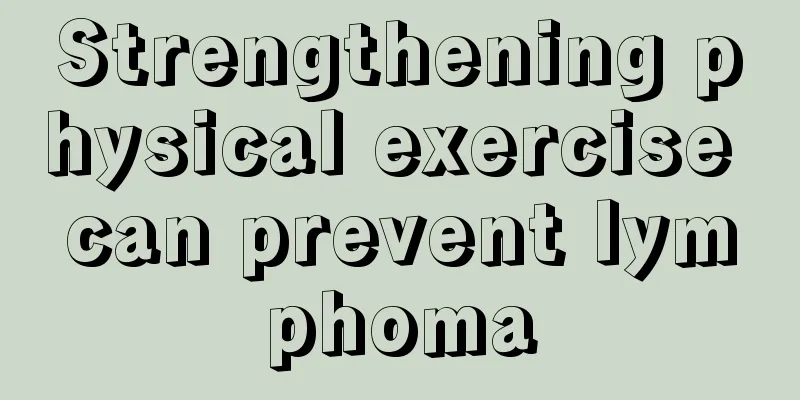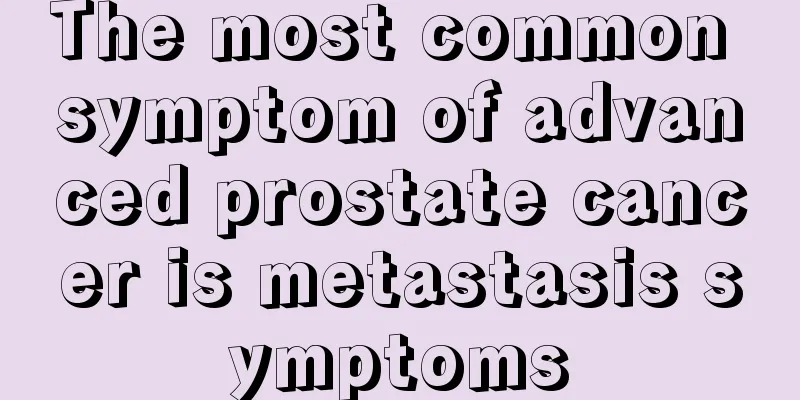Advantages and disadvantages of hepatic artery embolization chemotherapy after liver cancer surgery

|
Whether liver cancer patients relapse after liver resection seriously affects the long-term survival rate of patients. Hepatic artery chemoembolization is a major measure to prevent liver cancer recurrence in patients after liver cancer resection. The reason why hepatic artery chemoembolization after liver cancer resection can prevent liver cancer recurrence is that hepatic artery angiography should be performed at the same time as hepatic artery chemoembolization, and hepatic artery angiography is very sensitive to diagnosing whether there are tiny liver cancer metastatic lesions in the remaining liver after surgery, and can usually detect lesions with a diameter of 5mm. Arterial chemoembolization can kill these lesions, thereby reducing the possibility of postoperative recurrence in liver cancer patients. However, arterial chemoembolization can also damage liver function. If there are tiny metastatic lesions remaining in the remaining liver, then chemoembolization will not play a role in preventing and treating recurrence. On the contrary, excessive and repeated chemoembolization will damage liver function and affect the patient's long-term survival. It can be said that there are advantages and disadvantages to performing hepatic artery embolization chemotherapy on patients with liver cancer after resection. However, so far, there is no method that is effective and has no side effects in preventing and treating recurrence. Therefore, hepatic artery chemoembolization should be selectively used for patients with liver cancer after surgery. Patients with a high risk of recurrence after surgery, such as those with large tumors (diameter greater than 5 cm), multiple tumors, or vascular invasion (cancer thrombi in portal vein branches or vascular invasion found under a microscope), should be given auxiliary hepatic artery chemoembolization; patients with small liver cancer, no vascular invasion, and severe liver cirrhosis are not suitable for hepatic artery chemoembolization. |
<<: 3 necessary diagnostic items for patients with esophageal cancer
>>: Eating more garlic can prevent stomach cancer
Recommend
Is breast cancer metastasis to the lungs serious?
Breast cancer metastasis to the lungs is a late s...
Does surgical treatment of prostate cancer cause great harm to the body?
The effects of prostate cancer surgery on the bod...
The efficacy and function of rooster kidneys
Rooster kidneys are a common tonic, and are loved...
After 40, three kinds of pain will kill you
Introduction: As we age, various pains will follo...
Is it better to take a shower with cold water or hot water?
Everyone takes a shower at least once a week. Tak...
What are the treatments for advanced lung cancer? An inventory of effective treatments for advanced lung cancer
Lung cancer patients must not give up on the trea...
Can I eat fruit immediately after a meal?
Fruits are unique to every season. They have beco...
Can peanuts prevent colon cancer?
The incidence of colon cancer is closely related ...
Are heart stents dangerous?
Many people's hearts have been sick for a lon...
How much harm does chemotherapy do to the human body
It is a method of treating cancer in the medical ...
5 unexpected reasons for bad breath, how to prevent it
When it comes to bad breath, many people think it...
What should I do if there is a pimple inside my eyelashes
After getting a pimple on the face, many people c...
What are the conventional drugs for teratoma
Many teratoma patients are very nervous after bei...
How to drink whiskey
If we were to rank the world's spirits, whisk...
Can gastritis cause fever? What are the disadvantages?
Gastritis is a digestive system disease that has ...









